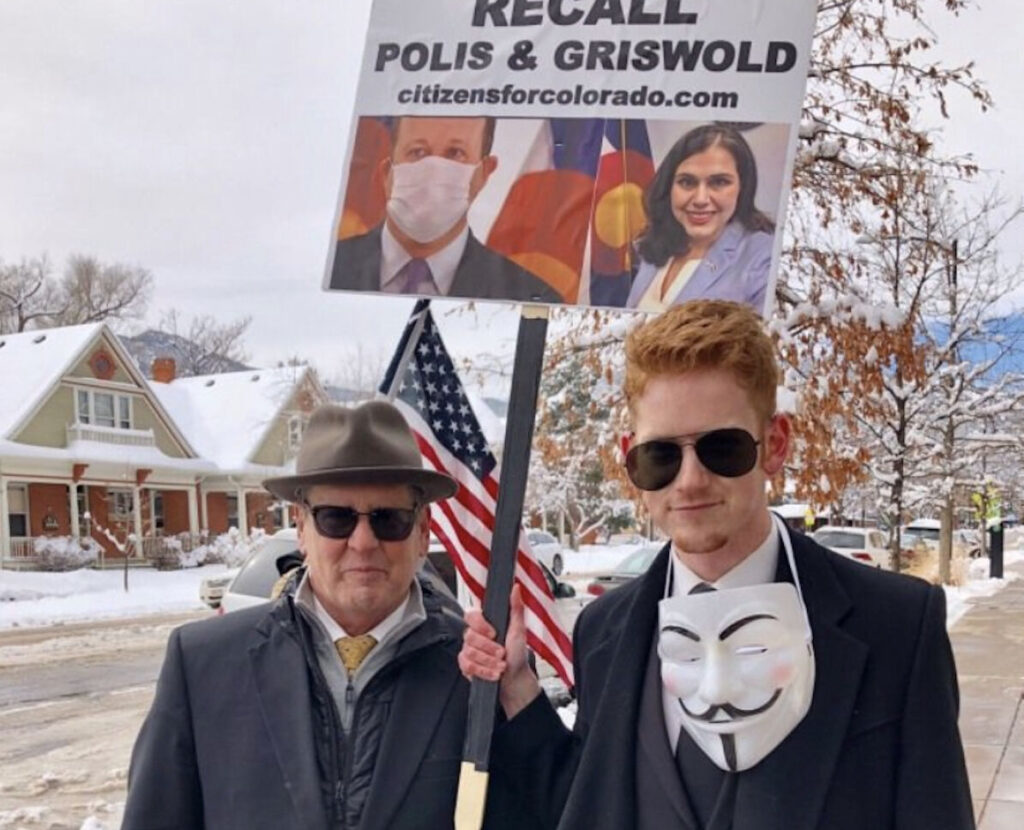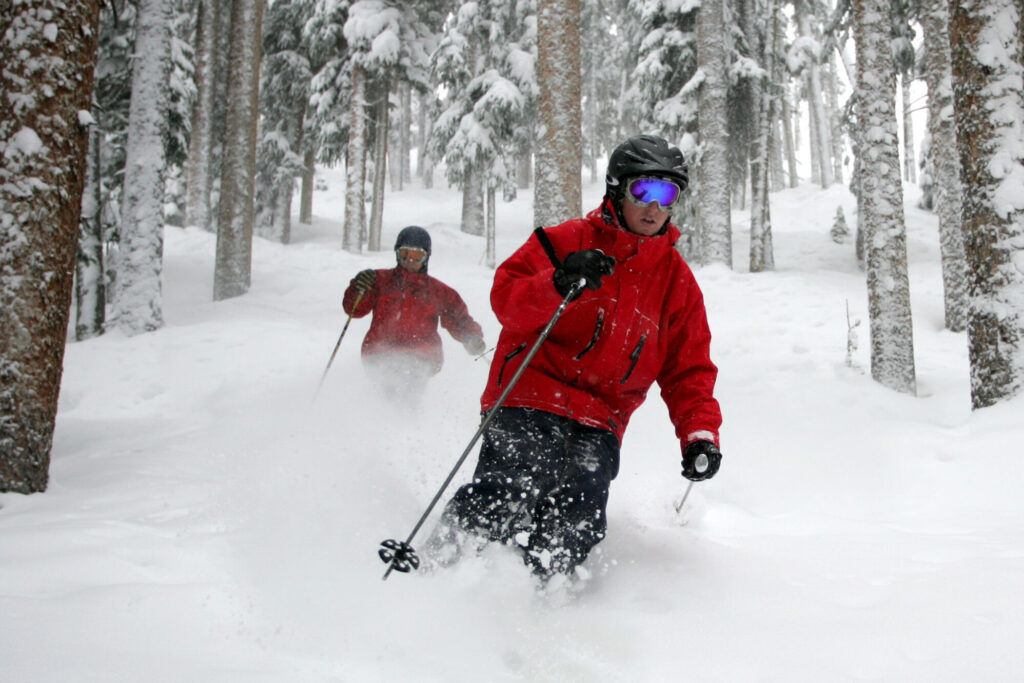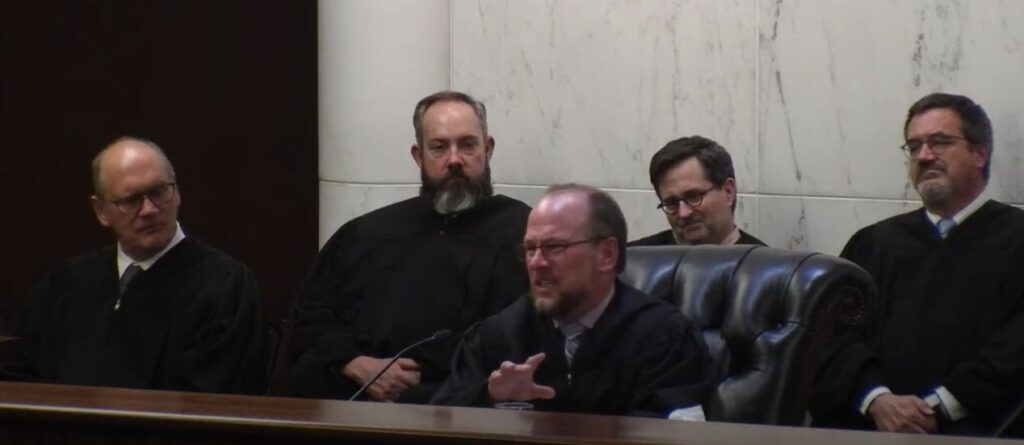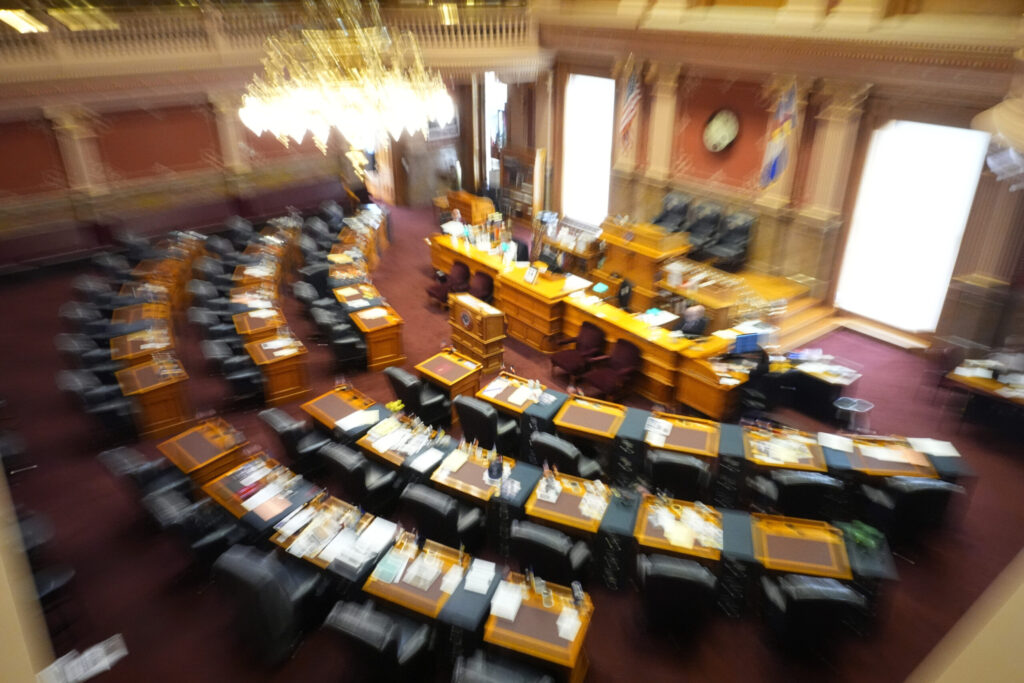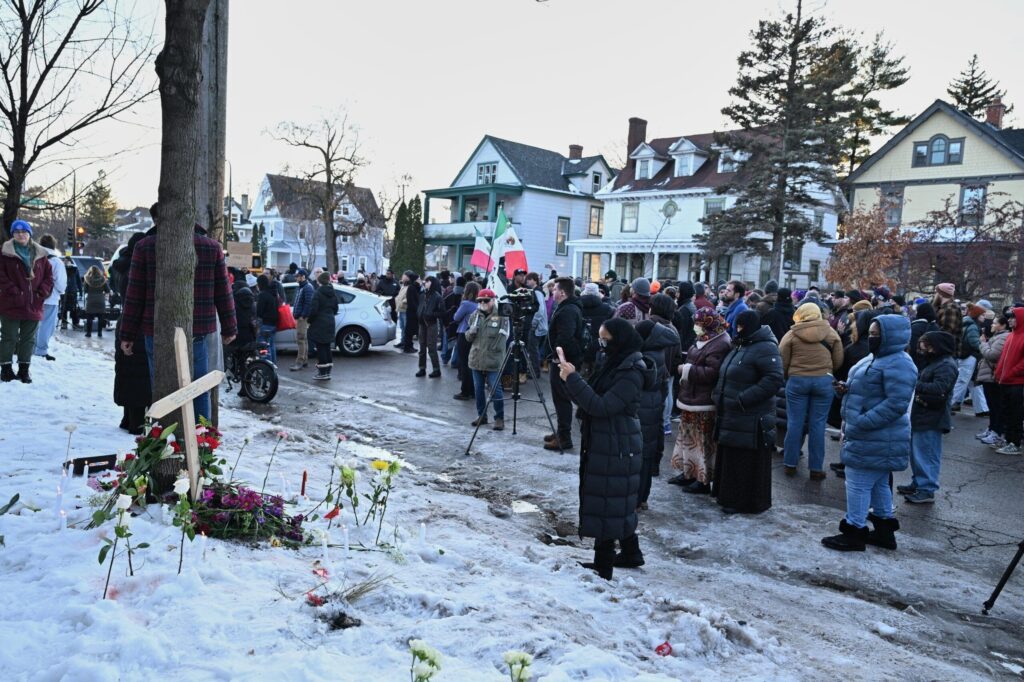Denver outlines marijuana social consumption plan
Permit applications from Denver businesses interested in allowing social consumption of marijuana can be filed Jan. 21, but it could be next summer before those applications are approved or rejected.
The delay is needed so rules, regulations and other steps can be completed by city attorneys and staff and City Council approval is gained.
A draft timeline for development of a regulatory process to guide how Initiative 300’s Neighborhood-Supported Social Consumption Pilot Program will work was explained to the Denver City Council’s special marijuana committee on Monday, Dec. 5.
Denver voters approved the initiative in the Nov. 8 general election. It allows certain private establishments to have adult marijuana consumption in designated areas, under city restrictions and guidelines. The city will only issue permits to establishments that have received formal support from their officially recognized neighborhood organization or business improvement district.
Supporters claim the program will cut public marijuana consumption by providing adults with private places where they can legally consume marijuana. Currently, visitors are prohibited from consuming in most Denver hotels, and many residents are unable to consume in their homes because it is prohibited by their landlord or homeowners association. Other adults would simply prefer to consume at private establishments while socializing with other adults.
City Council will not be allowed to consider any action regarding the program for six months, City Attorney Kristin Bronson told the committee. The time period is specified in the ordinance that placed the measure before voters, she said.
“And then, you will need two-thirds approval,” Bronson added.
The ordinance specifies the only action during the Council moratorium is to appoint a marijuana consumption task force to study the impact of the permits on the city. The task force shall report its findings to Council within two years of the start of the consumption program.
Legal issues abound
Several legal issues will have to be navigated through the rule making and other regulatory processes, Bronson said. For example, Amendment 64 allows marijuana consumption by adults, but also states that “nothing in this section shall permit consumption that is conducted openly and publicly or in a manner that endangers others.”
State criminal law also prohibits “open and public” consumption or use of marijuana, while Denver law prohibits the display or consumption of marijuana done “openly and publicly,” she added.
But the initiative excludes any consumption that occurs in a “designated consumption area” from the definition of the term “openly,” and does not exclude consumption that occurs in such an area from the definition of the term “publicly,” Bronson said.
Both state and Denver law define a “public place” as a place where the public, or a substantial number of the public, has access. That includes streets and highways, transportation facilities, schools, places of amusement, parks, playgrounds, and the common areas of public and private buildings or facilities. It also includes any outdoor site where consumption is clearly observable from a public place.
“So we’re looking at a serious conflict with state law unless ‘cannabis consumption permits’ are limited only to those locations that are not a ‘public place’ and are not open to a substantial number of the public,” Bronson noted.
Federal legal issues include what is called the “Cole memo,” named after U.S. Deputy Attorney General James Cole. The 2013 ruling helps guide federal prosecutors’ focus on marijuana cases involving any of eight federal priorities, Bronson continued. Those include preventing the distribution to minors, preventing state-authorized marijuana activity to be used as a cover or pretext for other illegal activity, preventing drugged driving and the exacerbation of other public health consequences associated with marijuana use.
Another issue may be easier to resolve, Assistant City Attorney Marley Bordovsky told the committee: liquor-licensed premises. The initiative states a designated consumption area may “overlap with the premises of any other license or permit issued” under the city code, she explained. Since liquor licenses in Colorado are issued under state law, local licensing authorities only have as much regulatory authority as the state allows, and there are no liquor licenses issued by Denver, Bordovsky noted.
“So Denver could refuse applications for social consumption on a liquor-licensed premises,” she said, and added the terms of the initiative itself allow Denver to refuse permits for liquor-licensed premises.
Further defining the state’s jurisdiction came on Nov. 18, when the Colorado Liquor Enforcement Division adopted an amendment that states no person or business that has a liquor license shall allow the consumption of marijuana or related products on those premises.
Bordovsky noted liquor regulation has long been considered a matter of statewide concern by the courts, and any contradiction between city and state laws is resolved in favor of the state. With the adoption of the Nov. 18 rule, “it is now clear that state law bans marijuana consumption on liquor-licensed premises,” she said.
Under Amendment 64 and state law, it is lawful to give away up to one ounce of marijuana to an adult over the age of 21 without payment. But it is illegal to sell marijuana outside of a licensed retail or medical marijuana business.
Bronson said the regulatory challenge will be to guard against illegal sales in a permitted consumption setting. That could take several forms: Proprietors claiming to “give” or “share” free marijuana as a membership “perk,” and patrons or proprietors actively selling or distributing marijuana within the establishment.
Keeping the air clean
Still another hurdle is following the Colorado Clean Indoor Air Act, which does not allow smoking marijuana in an indoor area, but does not prohibit “vaping” or consuming marijuana edibles indoors. Bordovsky said the initiative recognizes that designated consumption areas must comply with the act.
“Indoor area” includes public places and buildings, restaurants and bars, grocery stores, taxis and limos, 75 percent of the rooms in any hotel or motel, common areas in public and private buildings, public transportation, gyms, courthouses, theaters, museums, libraries, private homes and cars used for child care or day care.
“Indoor area” does not include private homes and cars, retail tobacco stores, cigar-tobacco bars that are liquor-licensed since 2005 and have $50,000 in annual sales from the on-site sale of tobacco products since 2005, designated smoking rooms in motels and hotels, airport smoking concessions, outdoor areas of any business, paces of employment that are not open to the public with three or fewer employees, limos under private hire, or ventilated, enclosed smoking areas in assisted living facilities that are restricted to residents and their guests.
Excise and Licenses Director Ashely Kilroy said her agency would implement the will of the voters, within the confines of the law.
“And if the state changes any of the laws or rules, we’ll have to adjust,” she added.
Kilroy noted Seattle, Washington, was in the process of developing rules for marijuana clubs when the state of Washington said it was illegal. A similar situation arose in Juneau, Alaska, Kilroy added.
Kilroy said her staff will proceed to draft rules and regulations for Denver’s social consumption program, including forming an advisory group of proponents, opponents, health and schools officials and City Council representatives. Public hearings will be scheduled, but limited to the rules and regulations and not the pros and cons of the initiative, she added.
City Councilwoman Robin Kniech reiterated that intent.
“The voters have spoken,” she said. “So from here on, it’s not about the good and bad of the initiative, it’s how we move forward to implement this project. I hope everyone realizes that because there are limits to what you can address in rulemaking hearings. It’s not a legal hearing and that may be frustrating.”
Councilwoman Debbie Ortega said she hoped the process will consider the “over saturation” of marijuana businesses in some areas of the city, “even though it might hinder the process.”


